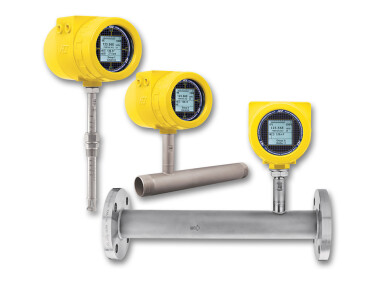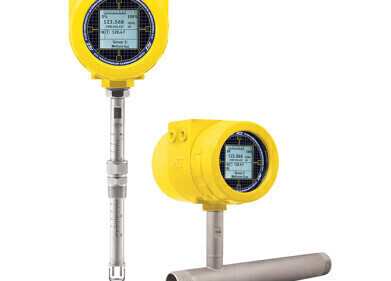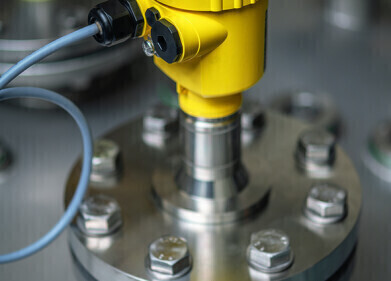Flow Level Pressure
What Do We Know About BP’s Oil Spill?
Oct 04 2016
BP, one of the biggest oil and gas companies in the world, has fallen victim to an oil spill. It’s the result of a leak on one of their platforms, and – like with all other oil spills – there are concerns about the consequences. What caused the spill? How big is it? Is there a plan to clean the water? Read on for a summary of what we know and what’s yet to be released.
Relatively safe
As far as oil spills go, it’s not particularly hazardous one. Particularly when you compare it to BP’s 2010 Deepwater Horizon oil spill in the Gulf of Mexico. In that instance six years ago eleven workers were killed by an explosion and millions of gallons were released deep into the ocean. With thousands of sea creatures dying as a result of the spill, it goes down as one of the biggest environmental disasters in history.
In this case, there was no explosion. The leak occurred on BP’s Clair platform 75km off the Shetland coast at around 10am on Sunday 2nd October. It’s thought it began in the platform’s separation system which removes water from gas and oil. And while there has been no confirmation of the volume of oil spilt, BP has said the problem was detected after around an hour and the platform was shut down.
Dealing with the spill
In an online statement, BP confirmed the spill and outlined their current plan of action:
“At present, we believe the most appropriate response is to allow the oil to disperse naturally at sea, but contingencies for other action are being prepared… Both direct observation and oil spill modelling indicate the oil to be moving in a northerly direction away from land.”
The response (or lack of) has been criticised by environmental campaigners as insufficient. “It's disappointing BP have been unable to provide an estimate of the amount of oil spilled yet feel able to say they are happy to leave it to disperse naturally,” said Lang Banks, WWF Scotland director. “Serious questions need asked about how this spill occurred. Until those questions are answered the platform should remain out of operation.”
Early detection
BP’s assurance that the spill was detected early certainly seems to suggest the damage is minimal. Detecting leaks early can make the clean-up operation much more straightforward and cheaper. It also minimises the loss of oil by allowing companies to deal with the leak and shut down the facility sooner. The optimisation of leak detection through reed switch technology is discussed in ‘Storage Tanks - Liquid Measurement and Leak Detection Using Reed Switch Technology’.
Digital Edition
PIN 25.5 Oct/Nov 2024
November 2024
Analytical Instrumentation - Picturing Viscosity – How Can a Viscometer or a Rheometer Benefit You? - Sustainable Grease Formulations: Evaluating Key Performance Parameters and Testing Method...
View all digital editions
Events
Dec 08 2024 Anaheim, CA, USA
Turkey & Black Sea Oil and Gas
Dec 11 2024 Istanbul, Turkey
Dec 19 2024 Aurangabad, India
Jan 20 2025 San Diego, CA, USA
Jan 22 2025 Tokyo, Japan



















